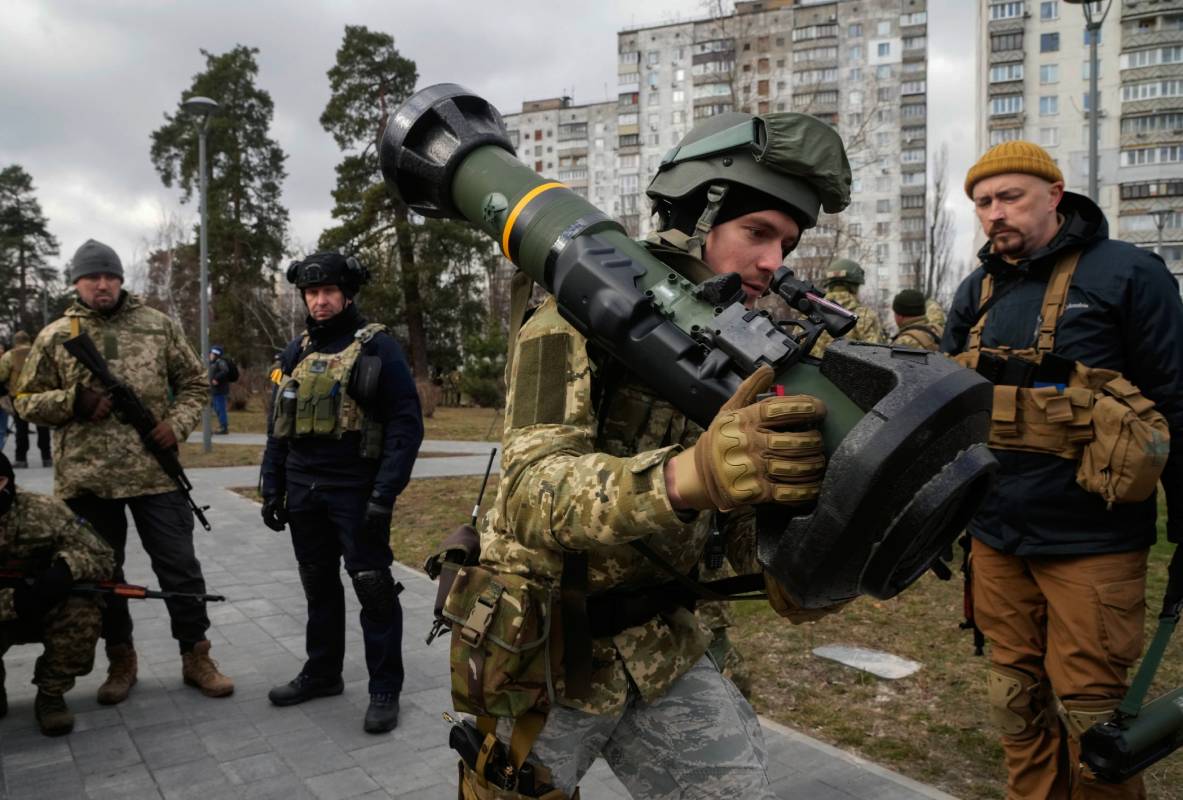2 Indian military teams plant tri-colour on Mt. Elbrus in multinational military ‘Climb for Peace’ event
Lt. Colonel Manoj Joshi led the six-member Tri-Services team that climbed the 5,642-metre mountain in Russia on Thursday.
Expectations of the end of the Wagner Group’s operations in Africa and West Asia in the wake of its aborted rebellion in Russia are not based on a realistic understanding of what the mercenary group brings to the table for the Kremlin.

Representational image [Poto:SNS]
Expectations of the end of the Wagner Group’s operations in Africa and West Asia in the wake of its aborted rebellion in Russia are not based on a realistic understanding of what the mercenary group brings to the table for the Kremlin. According to a leading expert on non-state armed actors, Wagner’s operations in Africa and West Asia will continue as they can and seem to have already been separated from its Ukraine-Russia actions. Russian Foreign Minister Sergei Lavrov, in fact, said in so many words recently that Wagner operations in Africa will persist albeit under a new leadership and structure. As Vanda Felbab-Brown points out, apart from Ukraine, the Wagner Group has mercenaries deployed in Syria, Libya, Mozambique, Mali, the Central African Republic, and Sudan, with unconfirmed reports of it having boots on the ground in the Democratic Republic of Congo too.
Wagner also maintains logistical support, smuggling, and money laundering affiliates and subsidiaries in the United Arab Emirates. While Wagner Group boss Yevgeny Prigozhin remains persona non grata for Moscow, President Vladimir Putin’s inner circle of advisers is apparently arguing that the group’s Ukraine operations ought not to be conflated with its Africa and West Asia activities. Since the summer of 2022, the Wagner Group has not in any significant measure reduced its personnel and armour in these two geographies. Which is to say, or so goes the argument, that its operations in Africa and West Asia have nothing or little to do with those in Ukraine.
It is, of course, a self-serving argument. But Wagner’s military campaigns in Africa are essential for Russia which uses them to extend its strategic footprint and enhance access to crucial commodities. The Wagner Group’s protection of gas and oil fields in Syria on behalf of the Bashar al-Assad regime, for example, plays into Moscow’s global energy security strategy and, according to Brown, at least four Russian companies linked to Wagner have exploration permits for Syrian gas and oil fields. It has long been believed in the West that the mercenary group’s shell companies, across West Asia in particular, have succeeded in setting up smuggling networks which bring liquidity to the heavily sanctioned Moscow regime through gold, diamond, and even antique smuggling. Intensifying US sanctions on the Wagner Group and its affiliated and/or shell companies in Africa and West Asia have proven to be a hurdle in its functioning but not an insurmountable one.
Advertisement
The Russian military may want to cut the Wagner Group down to size, especially after Prigozhin named the senior officers he wanted kicked out of the command structure blaming them for the setbacks in the Ukraine war. The bottom line, however, is that Mr Putin could let himself be convinced that to completely cast out his most useful tool of influence may not be the way to go. At least for now
Advertisement